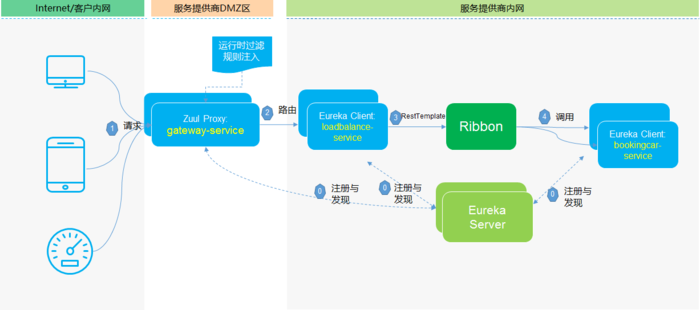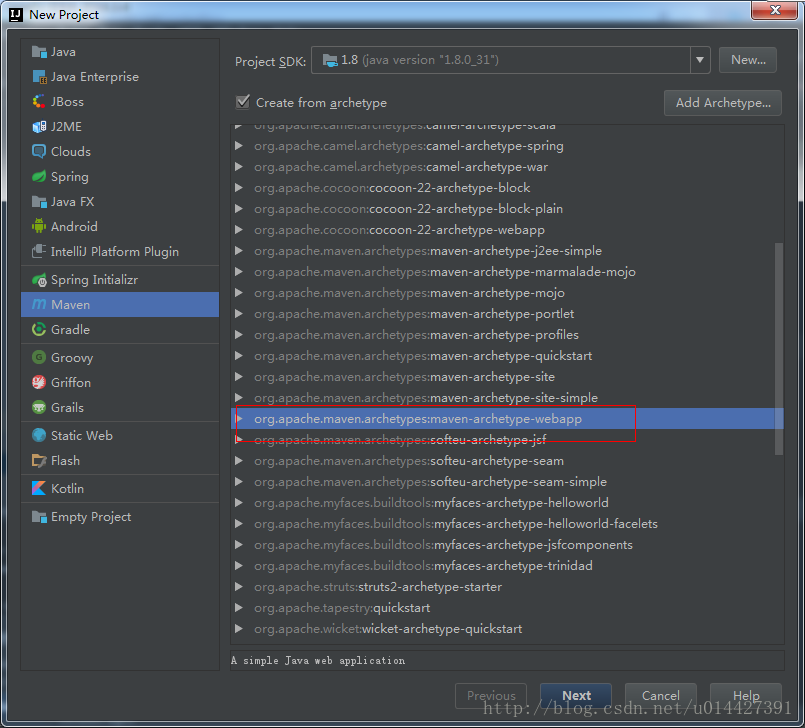1 基本语法
decltype 类型说明符生成指定表达式的类型。在此过程中,编译器分析表达式并得到它的类型,却不实际计算表达式的值。
语法为:
decltype( expression )
编译器使用下列规则来确定expression 参数的类型。
如果 expression 参数是标识符或类成员访问,则 decltype(expression) 是 expression 命名的实体的类型。如果不存在此类实体或 expression 参数命名一组重载函数,则编译器将生成错误消息。
如果 expression 参数是对一个函数或一个重载运算符函数的调用,则 decltype(expression) 是函数的返回类型。将忽略重载运算符两边的括号。
如果 expression 参数是右值,则 decltype(expression) 是 expression类型。如果 expression参数是左值,则 decltype(expression) 是对 左值引用 类型的expression。
给出如下示例代码:
|
1
2
3
4
|
int var;
const int&& fx();
struct A { double x; }
const A* a = new A();
|
语句类型注释
decltype(fx());const int &&对左值引用的const int
decltype(var);int变量 var 的类型
decltype(a->x);double成员访问的类型
decltype((a->x));const double&内部括号导致语句作为表达式而不是成员访问计算。由于a声明为 const指针,因此类型是对const double的引用。
2 decltype和引用
如果decltype使用的表达式不是一个变量,则decltype返回表达式结果对应的类型。但是有些时候,一些表达式向decltype返回一个引用类型。一般来说,当这种情形发生时,意味着该表达式的结果对象能作为一条赋值语句的左值:
|
1
2
3
4
|
// decltype的结果可以是引用类型
int i = 42, *p = &i, &r = i;
decltype(r + 0) b; // OK, 加法的结果是int,因此b是一个(未初始化)的int
decltype(*p) c; // Error, c是int&, 必须初始化
|
因为r是一个引用,因此decltype(r)的结果是引用类型,如果想让结果类型是r所指的类型,可以把r作为表达式的一部分,如r+0,显然这个表达式的结果将是一个具体的值而非一个引用。
另一方面,如果表达式的内容是解引用操作,则decltype将得到引用类型。正如我们所熟悉的那样,解引用指针可以得到指针所指对象,而且还能给这个对象赋值,因此,decltype(*p)的结果类型是int&而非int。
3 decltype和auto
处理顶层const和引用的方式不同(参考阅读:C++ auto类型说明符)
如果decltype使用的表达式是一个变量,则decltype返回该变量的类型(包括顶层const和引用在内):
|
1
2
3
4
|
const int ci = 0, &cj = ci;
decltype(ci) x = 0; // x的类型是const int
decltype(cj) y = x; // y的类型是const int&,y绑定到变量x
decltype(cj) z; // Error, z是一个引用,必须初始化
|
decltype的结果类型与表达式形式密切相关
对于decltype所用的引用来说,如果变量名加上了一对括号,则得到的类型与不加括号时会有所不同。如果decltype使用的是一个不加括号的变量,则得到的结果就是该变量的类型;如果给变量加上了一层或多层括号,编译器就会把它当成是一个表达式。
|
1
2
|
decltype((i)) d; // Error, d是int&, 必须初始化
decltype(i) e; // OK, e是一个未初始化的int
|
模板函数的返回类型
在 C++11 中,可以结合使用尾随返回类型上的 decltype 类型说明符和 auto 关键字来声明其返回类型依赖于其模板参数类型的模板函数。
在 C++14 中,可以使用不带尾随返回类型的 decltype(auto) 来声明其返回类型取决于其模板参数类型的模板函数。
例如,定义一个求和模板函数:
|
1
2
3
4
5
6
7
8
9
|
//C++11
template<typename T, typename U>
auto myFunc(T&& t, U&& u) -> decltype (forward<T>(t) + forward<U>(u))
{ return forward<T>(t) + forward<U>(u); };
//C++14
template<typename T, typename U>
decltype(auto) myFunc(T&& t, U&& u)
{ return forward<T>(t) + forward<U>(u); };
|
(forward:如果参数是右值或右值引用,则有条件地将其参数强制转换为右值引用。)
附上一段源码:
|
1
2
3
4
5
6
7
8
9
10
11
12
13
14
15
16
17
18
19
20
21
22
23
24
25
26
27
28
29
30
31
32
33
34
35
36
37
38
39
40
41
42
43
44
45
46
47
48
49
50
51
52
53
54
55
56
57
|
#include <iostream>
#include <string>
#include <utility>
#include <iomanip>
using namespace std;
template<typename T1, typename T2>
auto Plus(T1&& t1, T2&& t2) ->
decltype(forward<T1>(t1) + forward<T2>(t2))
{
return forward<T1>(t1) + forward<T2>(t2);
}
class X
{
friend X operator+(const X& x1, const X& x2)
{
return X(x1.m_data + x2.m_data);
}
public:
X(int data) : m_data(data) {}
int Dump() const { return m_data;}
private:
int m_data;
};
int main()
{
// Integer
int i = 4;
cout <<
"Plus(i, 9) = " <<
Plus(i, 9) << endl;
// Floating point
float dx = 4.0;
float dy = 9.5;
cout <<
setprecision(3) <<
"Plus(dx, dy) = " <<
Plus(dx, dy) << endl;
// String
string hello = "Hello, ";
string world = "world!";
cout << Plus(hello, world) << endl;
// Custom type
X x1(20);
X x2(22);
X x3 = Plus(x1, x2);
cout <<
"x3.Dump() = " <<
x3.Dump() << endl;
}
|
运行结果为:
|
1
2
3
4
|
Plus(i, 9) = 13
Plus(dx, dy) = 13.5
Hello, world!
x3.Dump() = 42
|
相关文章
- ASP.NET自助建站系统的域名绑定与解析教程 2025-06-10
- 个人服务器网站搭建:如何选择合适的服务器提供商? 2025-06-10
- ASP.NET自助建站系统中如何实现多语言支持? 2025-06-10
- 64M VPS建站:如何选择最适合的网站建设平台? 2025-06-10
- ASP.NET本地开发时常见的配置错误及解决方法? 2025-06-10
- 2025-07-10 怎样使用阿里云的安全工具进行服务器漏洞扫描和修复?
- 2025-07-10 怎样使用命令行工具优化Linux云服务器的Ping性能?
- 2025-07-10 怎样使用Xshell连接华为云服务器,实现高效远程管理?
- 2025-07-10 怎样利用云服务器D盘搭建稳定、高效的网站托管环境?
- 2025-07-10 怎样使用阿里云的安全组功能来增强服务器防火墙的安全性?
快网idc优惠网
QQ交流群
-
2025-05-27 61
-
2025-05-25 47
-
日本网站建设成本:预算有限的情况下如何选择性价比高的服务商?
2025-06-04 101 -
2025-05-29 70
-
2025-05-29 95










